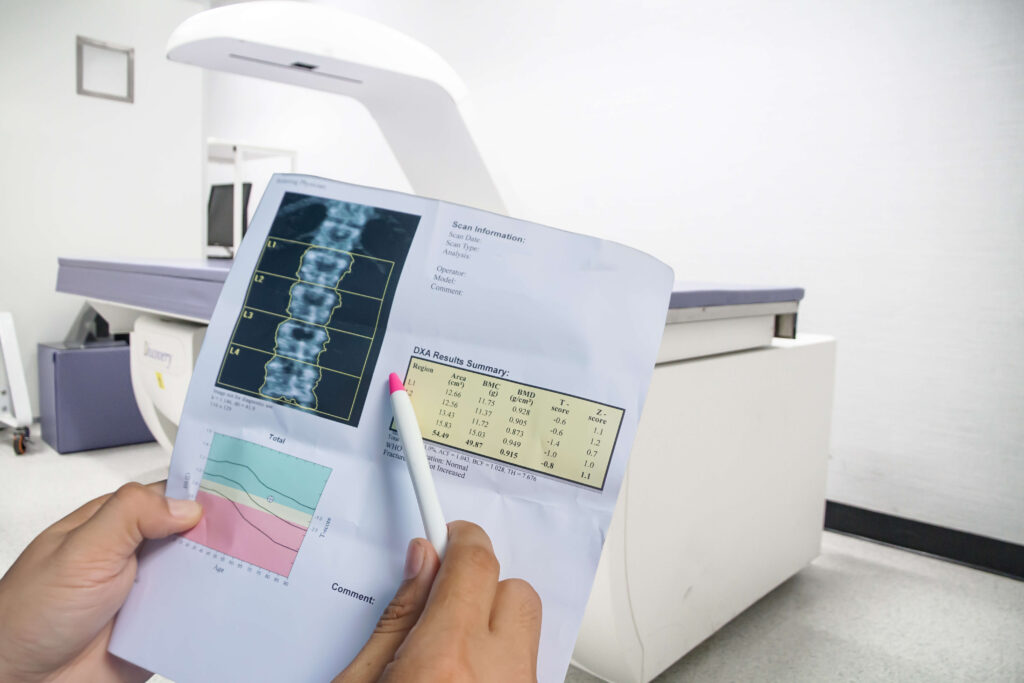
Blog
Neurotrauma: What is It & How Can We Help?
What is a Pediatric Neurosurgeon?
DEXA Scan: Our Guide
What Can a Pain Management Doctor Do for Back Pain?
What Does a Normal Spine Look Like?
Back Pain from Shoveling Snow
Spinal Cord Injury Rehabilitation
Spinal cord injury rehabilitation is crucial to seeing success when it comes to increasing the chances of positive outcomes over time. Spinal cord injury rehabilitation is paramount when it comes to reducing pain as well. Working through the ins and outs of a spinal cord injury rehabilitation process can be difficult, yet we’re here to […]






